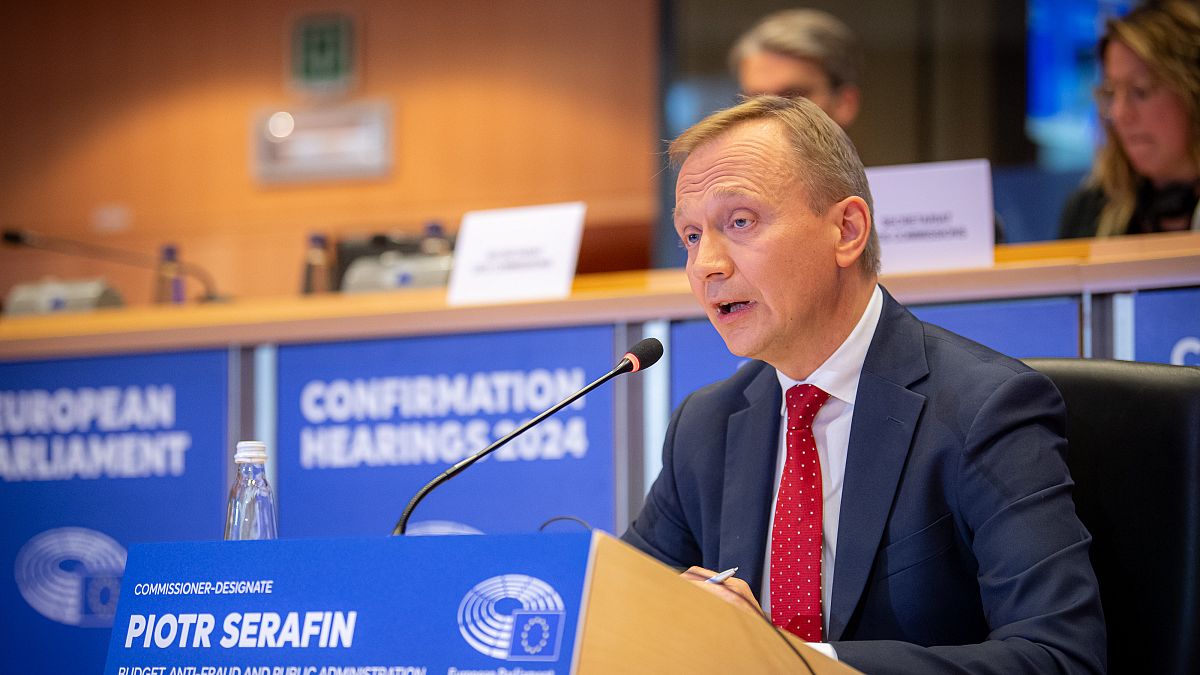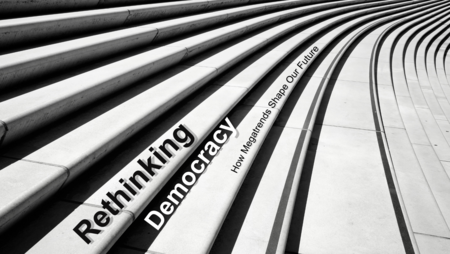AI tools prove both good and perilous in global democracies
In the ever-evolving landscape of global democracies, the utilization of AI tools in political messaging has seen a significant increase. The year 2024 is projected to experience a 50% surge in political messaging compared to 2022, with approximately 16 billion messages being sent.
The Rise of Mobile Messaging in Political Campaigns
The influence of smartphones, coupled with a decline in trust in traditional media, has paved the way for AI-driven technologies to facilitate direct and personalized communication between political candidates and voters. This shift has propelled mobile messaging apps like WhatsApp, Telegram, and Signal to the forefront of political campaigns worldwide, surpassing traditional media channels.

A notable increase in voter turnout has been witnessed across 64 countries, accounting for about 49% of the global population. The widespread adoption of mobile platforms for political purposes, including SMS texts, underscores their unparalleled reach and real-time engagement capabilities.
The Impact of AI on Political Communication
In the United States, the upcoming 2024 elections are expected to witness a substantial rise in political messaging volume. The use of AI technology has revolutionized campaign strategies, with platforms like RumbleUp facilitating peer-to-peer texting for the Republican Party.

AI-driven deepfake technology has also made its mark in political landscapes, with instances of impersonations of both deceased and living politicians to disseminate messages. However, this advancement has raised concerns about misinformation, trust in media, and electoral influence.
Challenges and Regulatory Gaps
While AI has enhanced the precision and personalization of political messaging, it has also blurred the line between persuasion and manipulation. The proliferation of deepfakes poses risks to the integrity of elections, necessitating comprehensive regulatory frameworks to address content governance and accountability.
Looking Towards the Future
The future of political messaging lies at the intersection of technology and accountability. As advanced technologies like AI, AR, and VR continue to shape electoral engagement, the need for robust regulations and data privacy measures becomes imperative. Initiatives such as the tech accord to combat deceptive AI use in election campaigns signal progress, but further actions are necessary to uphold democratic integrity.

As the landscape of political communication evolves, the balance between innovation and ethics remains a key consideration. Upholding the public good in political messaging requires vigilance and proactive measures to combat manipulation and ensure the integrity of democratic processes.
Stay informed with the latest tech updates and insights by subscribing to TechChannel News.




















